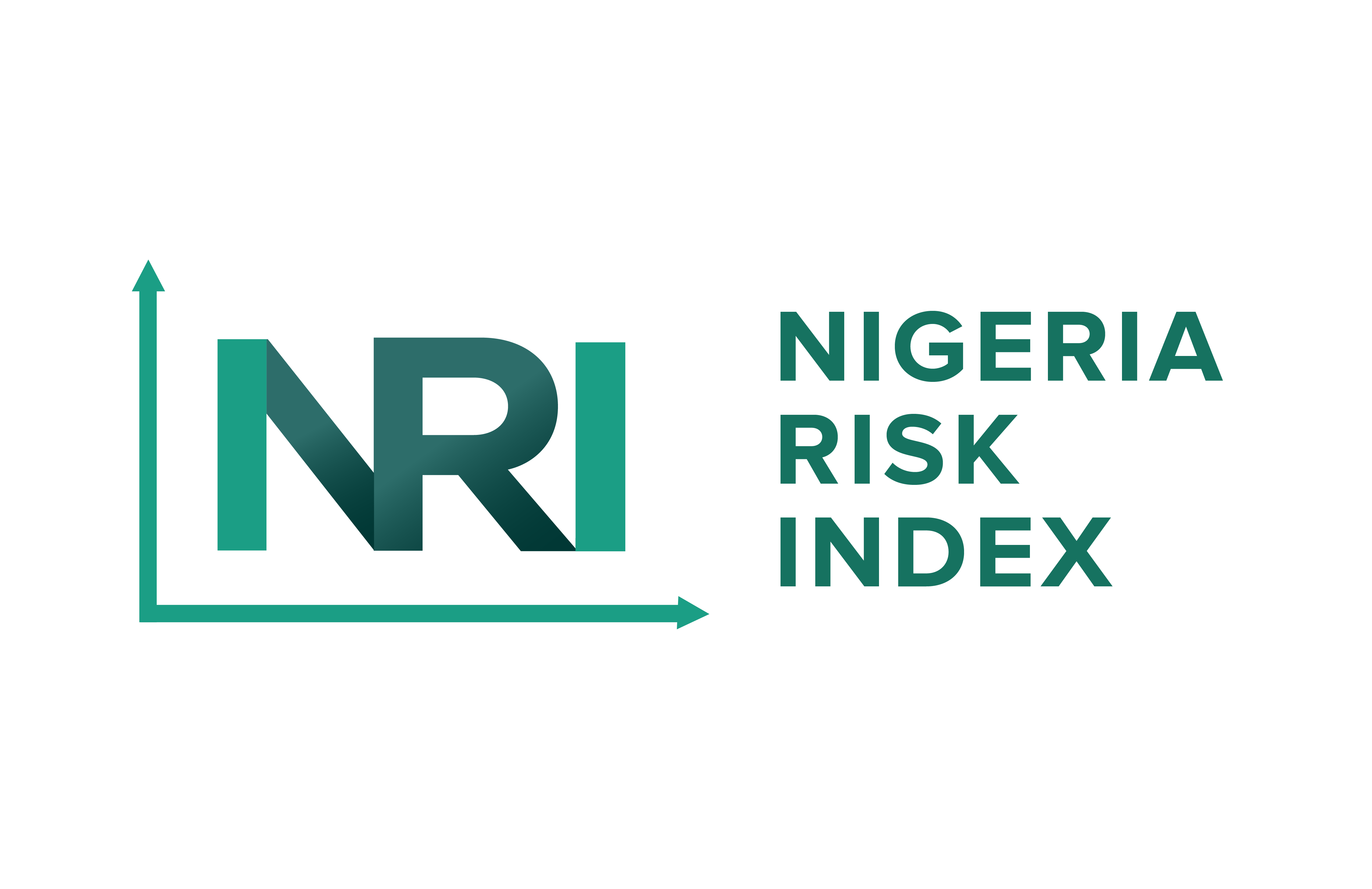Insights
In the diverse and complex security landscape of Nigeria, where security challenges ranges from petty theft to organized crime and insurgency, the involvement of local communities in enhancing security has proven increasingly crucial. The effectiveness of formal security forces can be significantly amplified through active community engagement, which brings unique local insights and proactive participation to the forefront of the security management process. This collaborative approach not only enhances the responsiveness of security measures but also fosters a sense of collective responsibility and empowerment among community members.
Communities that are engaged and vigilant can act as the first line of defense, effectively deterring potential threats and reducing the burden on national security forces. Moreover, community-driven security initiatives can bridge gaps in understanding and cooperation between law enforcement agencies and the populations they serve, creating a more harmonious and efficient security environment. This article explores various ways through which community engagement enhances local security, providing strategies for fostering a collaborative security environment.
Community Engagement: A multi-Faceted Approach
- Community Policing Initiatives
- Local Watch Programs: Establishing community watch programs that involve residents in monitoring and reporting suspicious activities. These programs increase the surveillance capacity beyond what local law enforcement can provide.
- Partnerships with Police: Developing strong partnerships between community members and local police forces can lead to more responsive and tailored policing strategies that address specific local concerns.
- Education and Awareness Campaigns
- Security Workshops and Seminars: Conducting educational sessions that teach residents how to recognize and respond to potential security threats. Topics can include personal safety tips, emergency response actions, and the importance of reporting crimes.
- Outreach Programs: Implementing outreach programs that focus on building trust and cooperation between residents and law enforcement agencies. These programs can also address underlying social issues that contribute to insecurity.
- Community Response Teams
- Rapid Response Groups: Forming community-based rapid response teams that can act quickly to security alerts before the arrival of official security forces. These groups often consist of trained volunteers who are equipped to handle minor incidents.
- Support Networks: Establishing support networks for victims of crimes, which can help in the recovery process and deter future offenses by showing community solidarity.
- Use of Technology
- Community Alert Systems: Leveraging technology to create alert systems that can immediately inform residents of nearby dangers or security updates via SMS or mobile applications.
- Surveillance Technology: Encouraging the use of community-installed surveillance cameras in strategic locations, which can be monitored by local volunteers or linked directly to police stations.
Strategies for Effective Community Involvement
- Regular Meetings and Communication: Keeping an open line of communication between community leaders, residents, and local law enforcement to discuss ongoing issues and improvements.
- Training and Resources: Providing proper training and resources to community volunteers to ensure they are prepared and effective in their roles.
- Inclusivity: Ensuring that all segments of the community are represented and have a voice in the security initiatives to foster a comprehensive and inclusive approach
The power of community in enhancing local security is evident through the numerous successes across Nigeria. By adopting a collaborative approach that combines education, direct involvement, and technology, communities can significantly improve their safety and cohesiveness. As more communities embrace these practices, the collective security of regions across Nigeria can see substantial improvements.

The Risk Control Team
Related Blog Posts
- GENOCIDE OF CHRISTIANS – IS NIGERIA GUILTY AS CHARGED?
- Is Nigeria under President Tinubu’s Administration, Finally Controlling Its Economic Risks?
- Northern Nigeria’s Peace Deals With Bandits: Truce or Time Bomb?
- The Dangote-Transporters Impasse: A Clash of Modernisation and Tradition
- Nigeria’s Mandatory Taxpayer Identification Number (TIN)Policy
